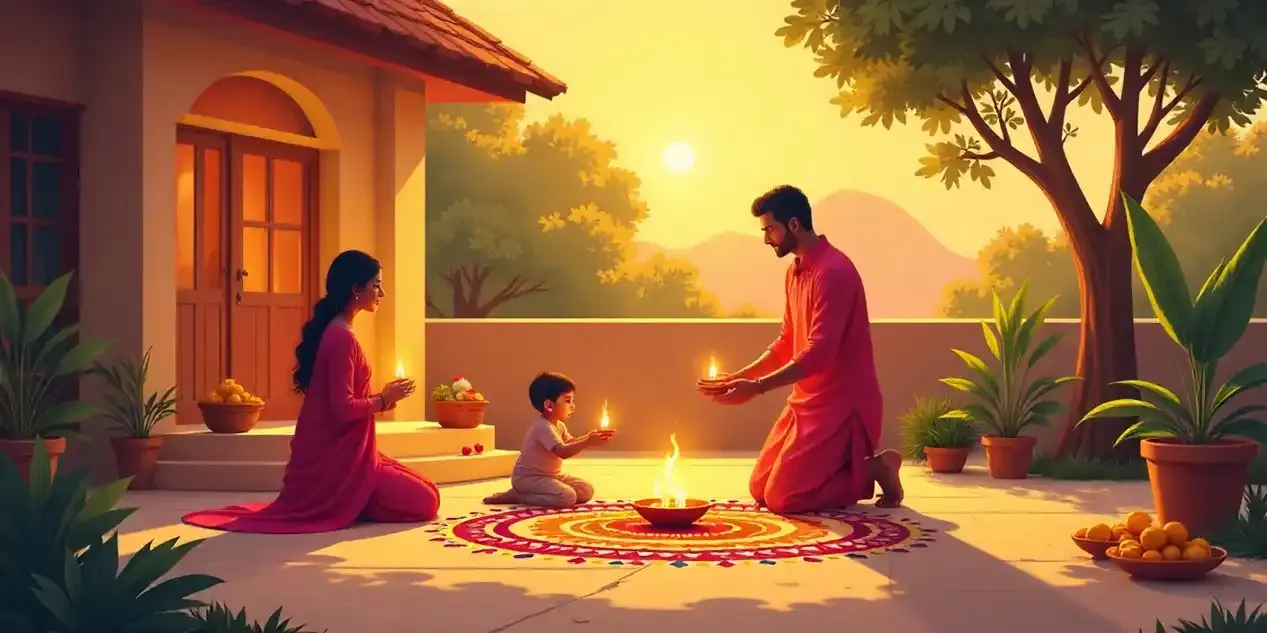Shopping cart
Your cart empty!
Terms of use dolor sit amet consectetur, adipisicing elit. Recusandae provident ullam aperiam quo ad non corrupti sit vel quam repellat ipsa quod sed, repellendus adipisci, ducimus ea modi odio assumenda.
Lorem ipsum dolor sit amet consectetur adipisicing elit. Sequi, cum esse possimus officiis amet ea voluptatibus libero! Dolorum assumenda esse, deserunt ipsum ad iusto! Praesentium error nobis tenetur at, quis nostrum facere excepturi architecto totam.
Lorem ipsum dolor sit amet consectetur adipisicing elit. Inventore, soluta alias eaque modi ipsum sint iusto fugiat vero velit rerum.
Sequi, cum esse possimus officiis amet ea voluptatibus libero! Dolorum assumenda esse, deserunt ipsum ad iusto! Praesentium error nobis tenetur at, quis nostrum facere excepturi architecto totam.
Lorem ipsum dolor sit amet consectetur adipisicing elit. Inventore, soluta alias eaque modi ipsum sint iusto fugiat vero velit rerum.
Dolor sit amet consectetur adipisicing elit. Sequi, cum esse possimus officiis amet ea voluptatibus libero! Dolorum assumenda esse, deserunt ipsum ad iusto! Praesentium error nobis tenetur at, quis nostrum facere excepturi architecto totam.
Lorem ipsum dolor sit amet consectetur adipisicing elit. Inventore, soluta alias eaque modi ipsum sint iusto fugiat vero velit rerum.
Sit amet consectetur adipisicing elit. Sequi, cum esse possimus officiis amet ea voluptatibus libero! Dolorum assumenda esse, deserunt ipsum ad iusto! Praesentium error nobis tenetur at, quis nostrum facere excepturi architecto totam.
Lorem ipsum dolor sit amet consectetur adipisicing elit. Inventore, soluta alias eaque modi ipsum sint iusto fugiat vero velit rerum.
Do you agree to our terms? Sign up

Buying a home in India is more than a financial decision — it is an emotional milestone. From family aspirations to long-term stability, Indians weigh timing as much as property choice. Despite modern financing, online bookings, and data-driven decisions, festivals and “shubh” periods like Navratri, Dhanteras, and Diwali continue to dominate home-buying sentiment across cities and income groups.
Cultural beliefs heavily influence property purchase timing. “Property purchase is not only a financial decision, but a psychological one affecting every aspect of life,” says Sidhharrth S Kumaar, Chief Astrologer and Vastu Expert at NumroVani. Nearly 78% of buyers consult astrology or Vastu to align their purchase with auspicious dates, ensuring harmony and smooth processing.
Even investment purchases follow astrology-based timing, especially in Tier-2 cities and traditional households.
For generations, important life decisions — weddings, business launches, and home purchases — have aligned with auspicious muhurats. Bhaskar Gandhi, Director at Rhomes, explains that festivals like Navratri and Diwali carry deep cultural and psychological significance, making them preferred windows for property purchases. This belief persists not only in traditional households but also among NRIs and urban professionals.
Data shows spikes in property enquiries and bookings during festive months. Developers report 20–30% higher footfalls and conversions, while Shashank Gupta, Director of RPS Group, notes a 20–25% increase in site visits and online leads during this period. Festive bonuses and special offers from developers amplify both emotional and financial appeal, driving genuine end-user demand.
Festive schemes now include waived registration fees, stamp duty contributions, flexible payment plans, and assured rentals. According to Bhaskar Gandhi, these offers reduce hesitation by combining emotional sentiment with financial practicality. Anurag Goel of Goel Ganga Developments emphasizes that buyers today blend tradition with economic reasoning, assessing interest rates, developer track records, and tangible benefits before committing.
Unlike speculative markets, festive season demand is largely consumption-driven, focused on self-occupation, long-term safety, and lifestyle enhancement. The pandemic further reinforced homeownership priorities, making festive months a natural peak for closing long-pending decisions.
Financial institutions also align campaigns with festive demand, offering low processing fees, competitive interest rates, cashbacks, and simplified approvals. Developers and lenders alike leverage cultural optimism to maximize buyer engagement.
While modern Indian buyers are informed and financially conscious, tradition still shapes timing, intent, and comfort. Particularly in Tier-2 and emerging markets, cultural norms remain strong, combining bonuses, family gatherings, and emotional reassurance to create an ideal context for closing deals.
The festive quarter — from Ganesh Chaturthi to New Year — is considered India’s unofficial real estate season. Even with sharper financial logic, the cultural weight of auspicious timing continues to influence home purchases.
For most Indians, a home represents more than property — it symbolizes stability, legacy, and emotional security. And for that promise, timing still matters.
7
Published: Oct 12, 2025